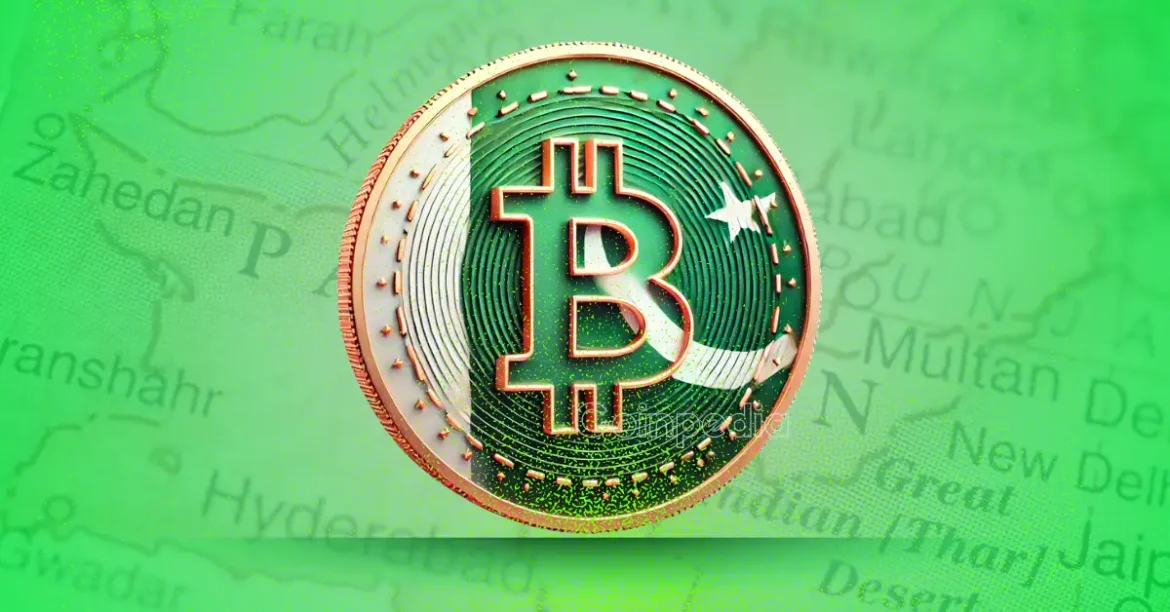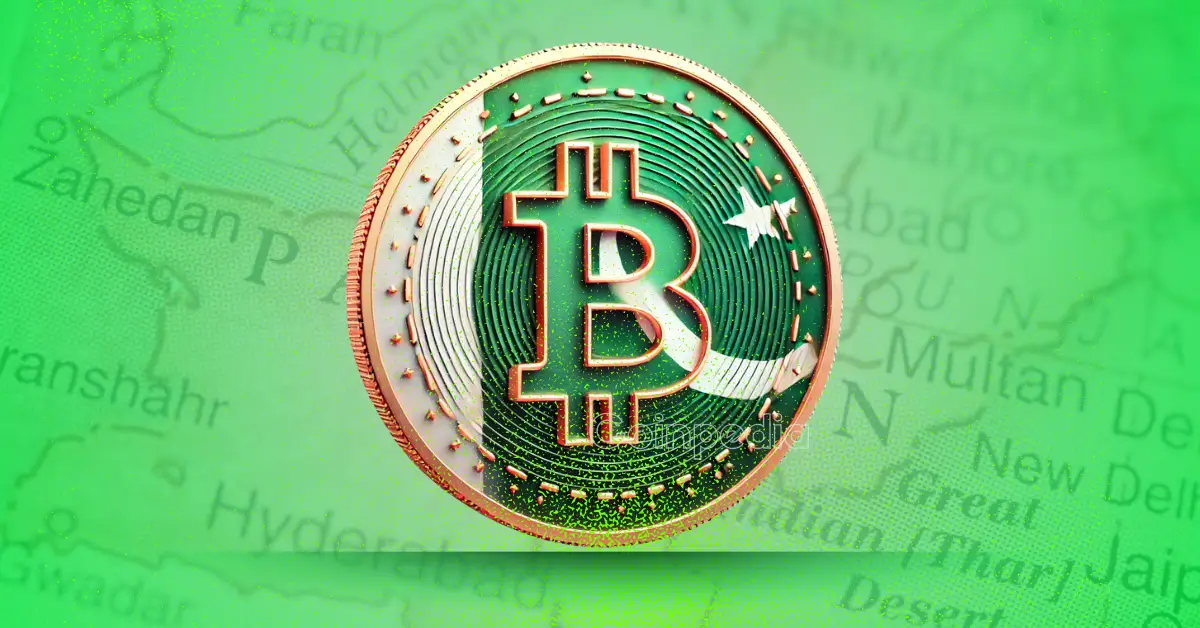Pakistan’s Strategic Pivot Toward Regulating Cryptocurrency and Digital Assets
Recent developments indicate a significant shift in Pakistan’s approach to cryptocurrency, digital assets, and blockchain technology. From a position of outright bans to establishing regulatory frameworks, forming councils, and deploying national resources, Pakistan is charting a future that embraces digital finance. This transformation seems rooted in a desire to formalize the growing crypto ecosystem, attract foreign investment, and align with global financial standards—while simultaneously addressing economic challenges.
Setting the Stage: From Crypto Ban to Regulatory Ambitions
Historically, Pakistan had banned cryptocurrency transactions around 2018 due to perceived financial risks and a lack of regulation. However, increasing crypto adoption—estimated at around 15 to 20 million Pakistanis, roughly 8% of the population—has compelled policymakers to reconsider their stance. This burgeoning interest signals that despite regulatory hurdles, digital assets have penetrated society and hold economic potential.
In response, the government has initiated steps to move beyond prohibition. A pivotal milestone was establishing the Pakistan Crypto Council (PCC), a government-backed body chaired by Finance Minister Senator Muhammad Aurangzeb. The PCC’s mandate includes drafting regulations and forming technical committees to propose a secure and innovation-friendly framework for crypto and blockchain technologies. This signals a commitment to not only regulate but do so thoughtfully, balancing innovation and security.
Building a Regulatory Framework and Institutional Infrastructure
One core element of Pakistan’s strategy is developing a comprehensive regulatory framework. High-level meetings of the PCC focus on designing laws that align with Financial Action Task Force (FATF) standards, underscoring Pakistan’s intention to comply with international anti-money laundering (AML) and counter-terrorist financing (CTF) norms. The appointment of Bilal Bin Saqib as special assistant on crypto further demonstrates the government’s resolve to draft FATF-compliant rules and institutionalize crypto oversight through bodies like the Digital Asset Authority.
This envisioned Digital Asset Authority is tasked with licensing and supervising digital asset activities, formalizing the previously informal $25 billion crypto market. Establishing such governance structures mirrors models adopted by jurisdictions like the UAE, Japan, Singapore, and Hong Kong, which have successfully balanced innovation support with regulatory compliance.
Harnessing National Resources: The 2000MW Bitcoin Mining Allocation
Notably, Pakistan is leveraging its surplus energy resources as part of this digital finance embrace. The government has allocated 2,000 megawatts of surplus electricity in phase one to power Bitcoin mining operations and artificial intelligence data centers. This bold initiative seeks to convert an energy liability into a revenue source, stimulating technological adoption and economic growth.
The move also reflects a deeper strategic vision: positioning Pakistan as a competitive player in the global digital economy by fostering blockchain infrastructure domestically. Combined with regulatory clarity, this could draw foreign crypto investment and generate export channels for digital services.
Aligning with Global Trends and Attracting Investment
Pakistan’s pivot parallels a broader global trend where nations are formalizing digital asset markets to tap into their economic and technological promise while managing associated risks. By constituting bodies like the National Crypto Council and advocating for inclusive but robust regulations, Pakistan seeks to align with international norms, reduce illicit finance risks, and demonstrate commitment to transparency.
These initiatives aim to attract foreign crypto investment, counterbalance Pakistan’s economic challenges, and provide new avenues for financial inclusion. Involving global figures, such as Binance founder Changpeng Zhao in advisory capacities, further highlights Pakistan’s intent to integrate into the international crypto ecosystem.
Challenges and Considerations Ahead
While the momentum is unmistakable, Pakistan’s crypto regulation journey will encounter hurdles. Crafting laws that protect investors, prevent misuse, ensure cybersecurity, and foster innovation requires careful calibration. The energy-intensive nature of Bitcoin mining, despite exploiting surplus capacity, may raise environmental and sustainability concerns. Additionally, ongoing global regulatory uncertainties around digital assets mean Pakistan must stay agile.
Moreover, balancing openness with caution will be necessary to prevent speculative bubbles and maintain macroeconomic stability. The government must also ensure that regulatory frameworks are accessible to local innovators and users, avoiding overly burdensome compliance that stifles growth.
Conclusion: Pakistan’s Digital Finance Renaissance
Pakistan is rapidly transitioning from crypto prohibition to embracing a structured digital asset ecosystem. Through the creation of councils, technical committees, and regulatory bodies, alongside pioneering resource allocation for blockchain infrastructure, the nation is positioning itself to harness the financial technology revolution. This renewed commitment aims to formalize the $25 billion informal market, attract foreign investment, and integrate digital finance into the broader economy.
As Pakistan navigates this complex landscape, its success will hinge on crafting balanced regulations that promote innovation while safeguarding stability. If managed adeptly, Pakistan’s bold crypto initiatives could redefine its economic trajectory—transforming digital assets from a perceived threat into a national asset powering next-generation growth.





